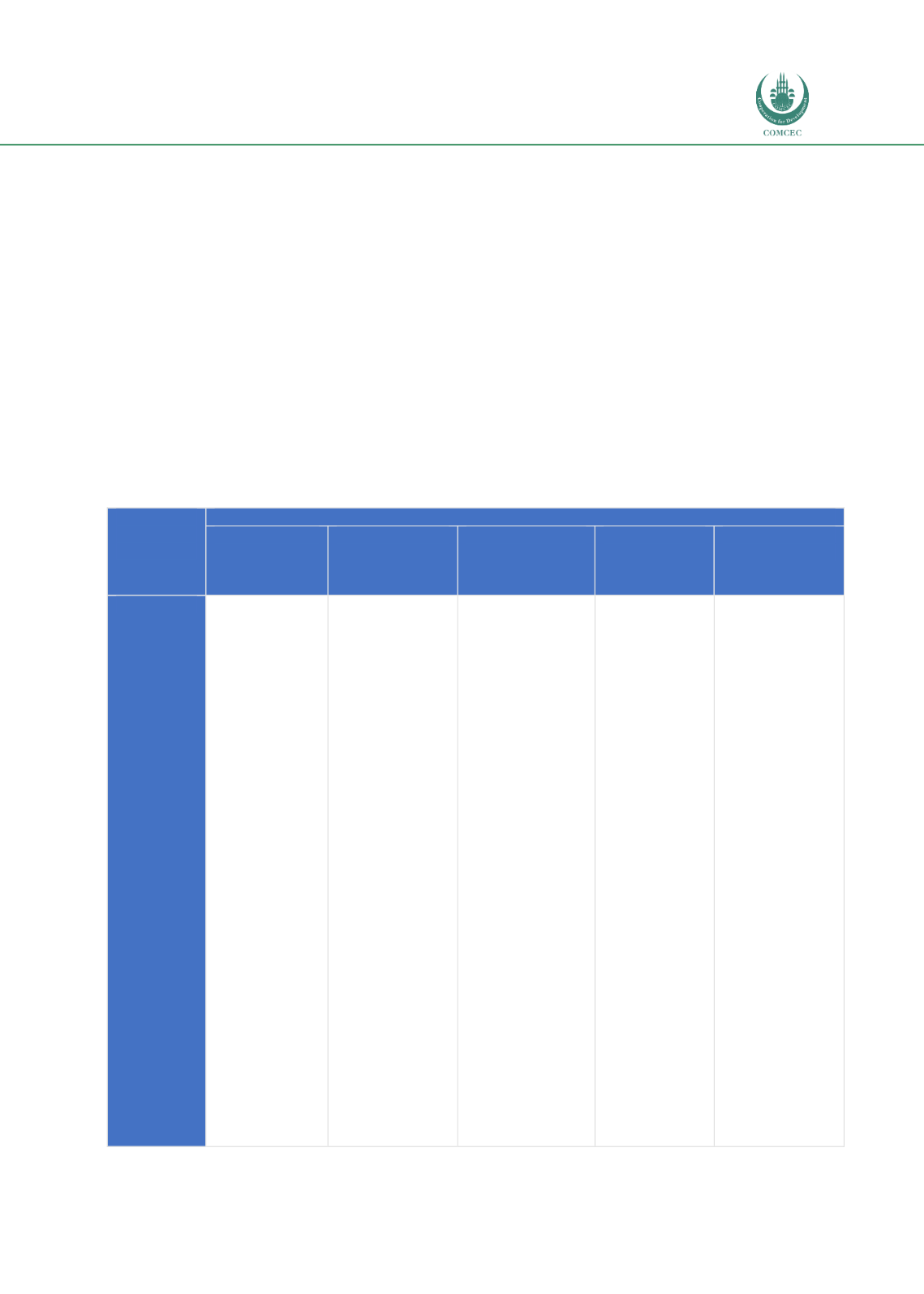

Islamic Fund Management
161
6.
CONCLUSION
In lieu of our assessment of the case countries, the comparison is made between the ecosystem
for the Islamic fund management industry and the progress of a specific market in developing
its core pillars (refer to
Figure 5.1 ). Subsequently, policy recommendations have been
proposed for the different types of markets. As a market grows in maturity, greater emphasis
is given to strengthening the base of supply and demand as well as the overall development of
the Islamic fund management industry’s ecosystem. Compared to the developing stage, the
focus is now on the review of existing policies and guidelines, identifying gaps in the
framework and continuous expansion of products and services. For the infancy stage, the
setting up of a viable framework and roadmap goes a long way towards detailing the measures
that need to be taken. Ultimately, the level of cohesiveness between regulators and market
players in reaching out to potential investors is critical for any market development, as well as
enhancing market understanding of Shariah funds.
Table 6.1summarises the policy
recommendations for the development of the five core pillars.
Table 6.1: Summary of Policy Recommendations
Type of
Market
PILLARS
Legal,
Regulatory and
Shariah
Framework
Development of
Institutional
Funds
Liberalisation of
Policies and
Guidelines
Tax
Framework
Market
Infrastructure
Matured
Adoption of an
open
architecture
will facilitate
business
activities.
Proactive
engagement
with market
players on
which route to
adopt will
help the
decision-
making
process.
Realign values
with
beneficiaries
and manage the
perception of
market
performance
.
The same
values adopted
by a Muslim in
his or her way
of life should
restrict
investors to
only choosing
Islamic funds.
Regulators to
proactively
engage with
domestic and
foreign fund
managers to find
practical
solutions to
closing the gaps.
Establish
cooperation with
other
jurisdictions to
promote
Malaysia as a
passporting
centre for global
Islamic funds.
Apart from
providing tax
rebates to
retail
investors, the
government
should
consider
matching
individuals’
investments
in Islamic
funds (e.g. the
government
will match
every USD1
saved in an
Islamic fund).
Leverage the
use of mobile
phones to
interface with
applications
such as robo-
advisors, to
improve
awareness and
market
education.
Regulators to
engage with
developed
countries to
facilitate
sharing of
knowledge and
explore the
viability of a
transparent
cost structure,
with the aim of
making
transaction
costs more
effective.
















